Filter by
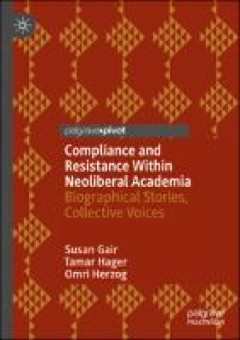
Compliance and resistance within neoliberal academia : biographical stories, …
This open access book reflects on academic life under a neoliberal regime. Through collaborative autoethnographies, the authors share stories about the everyday experiences, dilemmas and conflicts of three academics: the struggle for promotion, teaching’s challenges, the race to publish, confronting bureaucracy and institutional politics, as well as the resulting emotional stress. These stori…
- Edition
- 8
- ISBN/ISSN
- 9783030663186
- Collation
- 134 p.
- Series Title
- -
- Call Number
- 306.43 GAI c
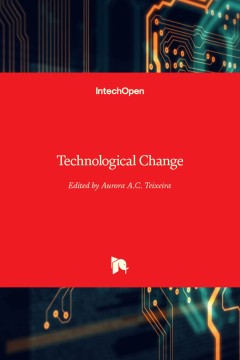
Technology change
Technological change is today central to the theory of economic growth. It is recognised as an important driver of productivity growth and the emergence of new products from which consumers derive welfare. It depends not only on the work of scientists and engineers, but also on a wider range of economic and societal factors, including institutions such as intellectual property rights and corpor…
- Edition
- -
- ISBN/ISSN
- 9789535156246
- Collation
- 254 p. : ill.
- Series Title
- -
- Call Number
- 403.6 TEI t
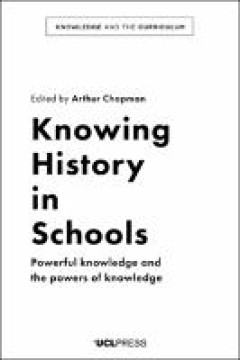
Knowing History in Schools : Powerful knowledge and the powers of knowledge
The ‘knowledge turn’ in curriculum studies has drawn attention to the central role that knowledge of the disciplines plays in education, and to the need for new thinking about how we understand knowledge and knowledge-building. Knowing History in Schools explores these issues in the context of teaching and learning history through a dialogue between the eminent sociologist of curriculum Mic…
- Edition
- -
- ISBN/ISSN
- 9781787357303
- Collation
- 266p. ; ill.
- Series Title
- Knowledge and the Curriculum
- Call Number
- 372.89 ART k
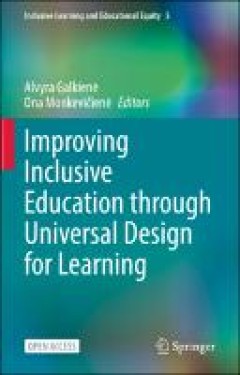
Improving Inclusive Education through Universal Design for Learning
This open access international scientific study provides an analysis of how the educational strategy of Universal Design for Learning can stimulate the process of inclusive education in different educational-cultural contexts and different areas of the educational system. The findings of the research deepen the conception of inclusive education and present an analysis of factors that are signif…
- Edition
- Vol.5
- ISBN/ISSN
- 9783030806583
- Collation
- 323p. ; ill.
- Series Title
- Inclusive Learning and Educational Equity
- Call Number
- 371.9046 ALV i
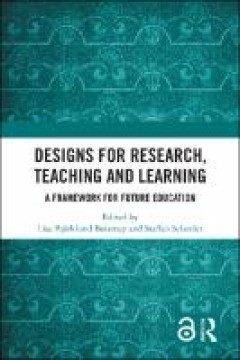
Designs for Research, Teaching and Learning : A Framework for Future Education
This bookoffers a coherent theoretical and multimodal perspective on research, teaching and learning in different non-formal, semi-formal, and formal learning environments. Drawing on examples across a range of different settings, the book provides a conceptual framework for research on learning in different environments. It provides conceptual models around learning design which act as a frame…
- Edition
- -
- ISBN/ISSN
- 9781000528855
- Collation
- ii, : 159p. : ill.
- Series Title
- -
- Call Number
- 370.1523 LIS d
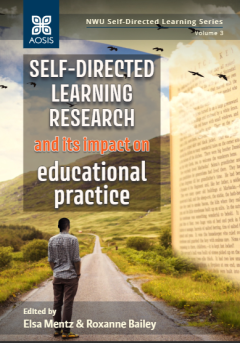
Self-directed learning research and its impact to educational practice
This scholarly book is the third volume in an NWU book series on self-directed learning and is devoted to self-directed learning research and its impact on educational practice. The importance of self-directed learning for learners in the 21st century to equip themselves with the necessary skills to take responsibility for their own learning for life cannot be over emphasised. The target audien…
- Edition
- -
- ISBN/ISSN
- 9781928523451
- Collation
- xxxix, 464 p. ; ill
- Series Title
- -
- Call Number
- 374.0019 MEN s
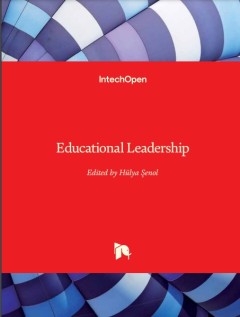
Educational leadership
There is a growing realization that the role of educational leaders has been undergoing many changes in the era of globalization due to the diverse needs and expectations of the stakeholders of education. Schools have different specific needs due to their demographical structure, the academic achievement level of students, the experience of teachers and parental involvement and they need educat…
- Edition
- -
- ISBN/ISSN
- 9781838804879
- Collation
- xiii, 72 p
- Series Title
- -
- Call Number
- 371.2 SEN e
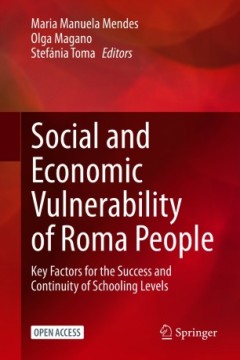
Social and economic vulnerability of Roma people : key factors for the succes…
This open access volume provides an understanding of the different aspects of success, school continuity and social mobility among European Roma, including the motives justifying the high rates of school dropout and failure among this group. It offers a critical and reflexive perspective about social reality from a multidisciplinary and transversal point of view, sharing knowledge and practices…
- Edition
- -
- ISBN/ISSN
- 9783030525880
- Collation
- xxi, 253p. : ill.
- Series Title
- -
- Call Number
- 371.82991497 SOC s
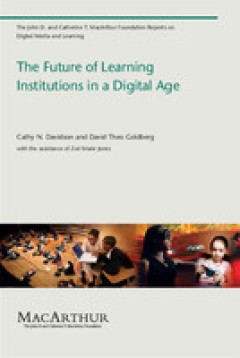
The future of learning institutions in a digital age
This John D. and Catherine T. MacArthur Foundation Report is a redaction of the argument in our book-in-progress, currently titled The Future of Thinking: Learning Institutions in a Digital Age. That book, to be published in 2010, is merely the concrete (paper and online) manifestation and culmination of a long, complex process that brought together dozens of collaborators, face to face and vir…
- Edition
- -
- ISBN/ISSN
- 9780262513593
- Collation
- xi, 67 p.; ill
- Series Title
- -
- Call Number
- 371.3344678 THE t
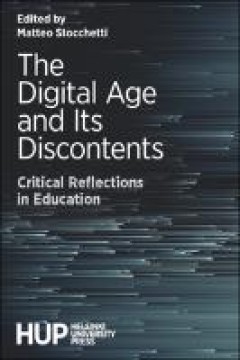
The digital age and its discontents : critical reflections in educatione
Three decades into the ‘digital age’, the promises of emancipation of the digital ‘revolution’ in education are still unfulfilled. Furthermore, digitalization seems to generate new and unexpected challenges – for example, the unwarranted influence of digital monopolies, the radicalization of political communication, and the facilitation of mass surveillance, to name a few. This volume…
- Edition
- -
- ISBN/ISSN
- 9789523690127
- Collation
- xii, 274 p.; ill.
- Series Title
- -
- Call Number
- 371.33 THE t
 Computer Science, Information & General Works
Computer Science, Information & General Works  Philosophy & Psychology
Philosophy & Psychology  Religion
Religion  Social Sciences
Social Sciences  Language
Language  Pure Science
Pure Science  Applied Sciences
Applied Sciences  Art & Recreation
Art & Recreation  Literature
Literature  History & Geography
History & Geography